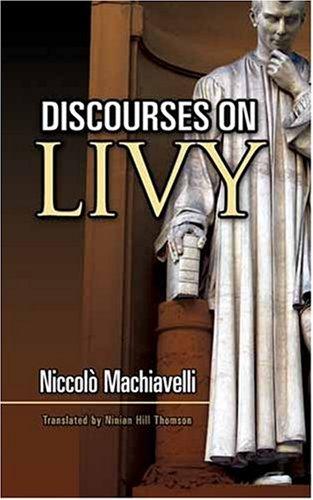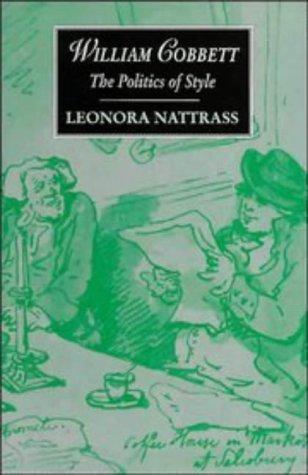
Discourses on Livy
by Niccolò Machiavelli, Harvey C. Mansfield, Nathan Tarcov, Alissa Ardito, Ninian Hill Thomson, Henry Neville
<p>A very different work from his well-known <i><a href="https://standardebooks.org/ebooks/niccolo-machiavelli/the-prince/w-k-marriott">The Prince</a></i>, and posthumously published a year prior to it, <a href="https://standardebooks.org/ebooks/niccolo-machiavelli">Machiavelli’s</a> <i>Discourses on Livy</i> is one of his most debated works. Some critics see it as presenting a counterpoint or refutation of <i>The Prince</i>, calling it a key founding document of modern liberal republicanism. Others maintain that it is complementary, arguing that leaders of republics must act in the manner Machiavelli prescribes in <i>The Prince</i> if they are to maintain their state’s freedom. In any case, it is a deep and complex work of political philosophy.</p> <p>Both complementary and critical of contemporary Italian Renaissance politics, culture, and religion, <i>Discourses on Livy</i> uses Roman history, as described in the first ten books of Livy’s <i lang="la">Ab urbe condita</i>, to explain Machiavelli’s views across a broad range of subjects. The 142 discourses discuss political violence, military strategy, political corruption and reform, conspiracy, public opinion, the role of religion in public life, and much more.</p>



